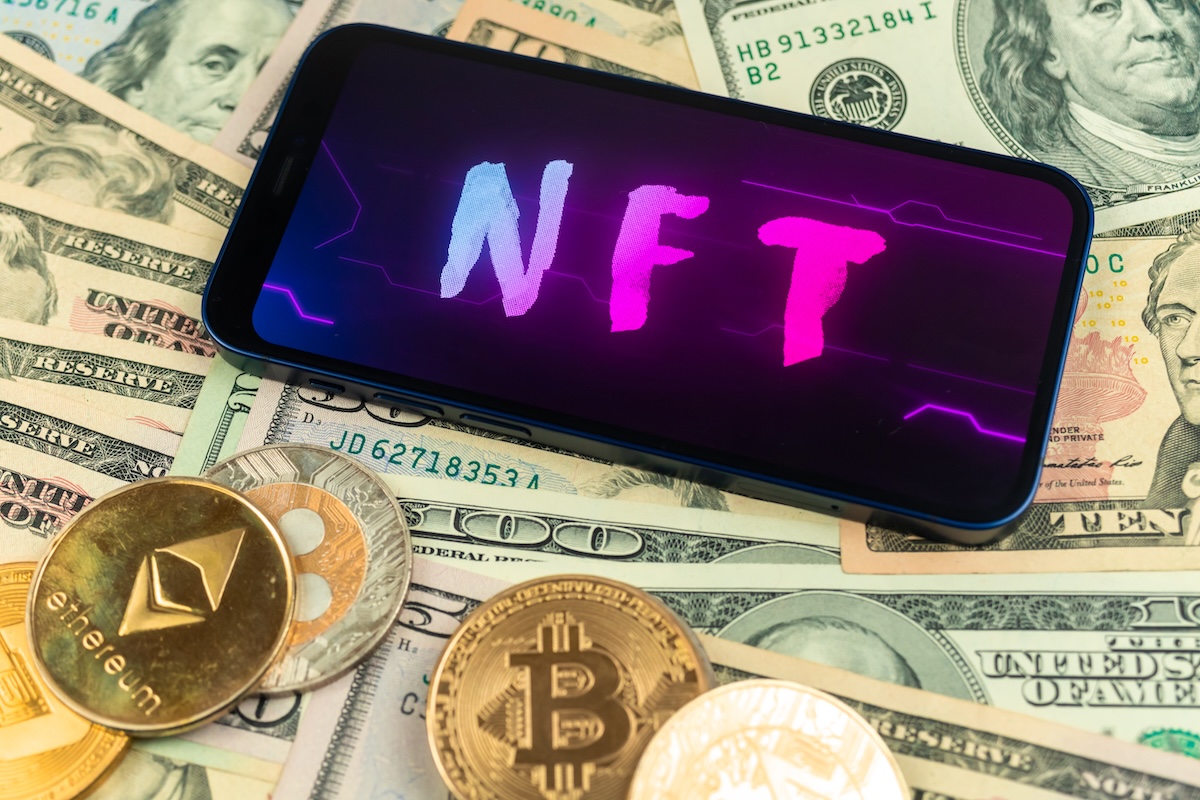Ripps and Cahen Ordered to Pay $9 Million In Damages to Yuga Labs
Designer Ryder Ripps and developer Jeremy Cahen were ordered to pay $9 million for copyright violation against Yuga Labs.

A recent ruling in the United States District Court saw designer Ryder Ripps and developer Jeremy Cahen's counterclaims against Yuga Labs being rejected. The judge ordered them to pay nearly $9 million in damages and other fees for violating copyright laws, following the unauthorized creation of Bored Ape Yacht Club (BAYC) NFTs. This article will delve into the details of the case and its outcome.
The Dispute
The legal battle began in April 2023 when Yuga Labs filed a lawsuit against Ripps and Cahen for copyright infringement. The dispute stemmed from the launch of the Ryder Ripps BAYC (RR/BAYC) collection in May 2022, which mimicked the original BAYC brand. This move was met with swift legal action from Yuga Labs, claiming that it was a clear violation of their intellectual property.
Court Ruling
After months of litigation, a judge ruled in favor of Yuga Labs, declaring that Ripps and Cahen had indeed violated copyright laws. They were initially ordered to pay $1.57 million in damages and legal fees to Yuga Labs. However, a recent court filing saw this amount increase significantly to nearly $9 million due to additional fees and disgorgement (repayment of illegal profits).
Aside from the monetary penalty, the court also ordered Ripps and Cahen to surrender all social media accounts associated with RR/BAYC NFTs. They must also destroy any infringing materials, including NFTs, articles, documents, software, promotional items, or advertisements using the BAYC Mark. Failure to comply with these orders would result in further legal consequences.

Appeal
Despite the unfavorable ruling, Cahen (known as Pauly) announced their intention to appeal the decision in the Ninth Circuit Court of California. It remains to be seen if this move will have any impact on the outcome of the case.
In addition to the copyright violation, Ripps and Cahen had also filed counterclaims against Yuga Labs. These included allegations of intentional and negligent infliction of emotional distress, as well as a request for a declaratory judgment of no defamation. However, the judge dismissed these claims, stating that they were not relevant to the case at hand.
Conclusion
Ripps and Cahen's attempt to profit off the success of the original BAYC brand has backfired, resulting in a significant monetary penalty and the surrendering of their assets. This case serves as a warning to those looking to capitalize on others' intellectual property without proper authorization. It also highlights the importance of copyright laws in protecting creators' rights.
As for Ripps and Cahen, their appeal may prolong the legal battle, but the judge's ruling stands for now. So, it indicates that one should always respect intellectual property rights and not attempt to exploit them for personal gain.





